To mark International Women’s Day (IWD) and this year’s Inspire Inclusion theme, we are highlighting just some of the inspiring women researchers who have made contributions to our network during the past 12 months. Driven and dedicated, these individuals are working hard every day to make a real difference in their universities and specialist fields, playing a vital role in the response to new technologies, transforming assessments and the coronavirus pandemic impacting health inequalities. At the same time, they have continued to support our members, and helped to encourage wider inclusion for the next generation of women in their disciplines and the Higher Education sector,
While it is impossible to mention all their achievements, this snapshot provides an idea of the scale and scope of their impact here and across the globe.
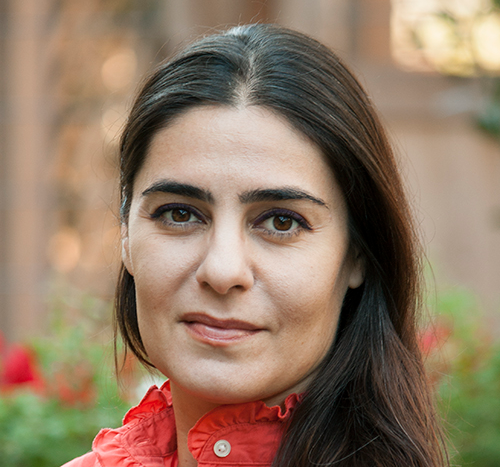
Dr. Negin Fouladi, University of Maryland
One of the greatest global healthcare challenges of our time is finding ways to incentivise providers to offer coordinated healthcare models, particularly given the impacts of Covid.
As Chair of the International virtual Health Research Exchange (U21HREx) Community of Practice for U21, Negin Fouladi is taking a lead on the global response to persistent inequalities in research and practice highlighted by the pandemic and weaknesses of health systems around the world to improve population health, with a focus on groups that would traditionally be marginalised or underserved.
"Inclusion to me means breaking barriers to polarization and division and doing so in a culturally sensitive and equitable approach recognizing structural, social, political, and economic factors that lead to inequalities.
U21HREx was developed to break such barriers particularly for underrepresented students and early career researchers (ECR) via a cross-national virtual knowledge translation and exchange collaboration network emphasizing diversity, inclusivity, and culturally sensitive evidence‐based research mentorship and professional development. U21HREx virtual activities and in-person student/ECR exchanges across U21 institutions break silos and create an inclusive space for research and practice mentorship and professional development" – Dr. Negin Fouladi.
Collaborating since 2020, the active network has been facilitating shared training, online workshops, virtual networking, and knowledge exchange via an online portal which acts as a resource bank. Having recently transitioned to a larger Community of Practice, 2023 saw the development of joint programmes, physical visits, professional development talks and opportunities, and the delivery of two major research symposia – held at the University of Maryland School of Health and the University of Birmingham.
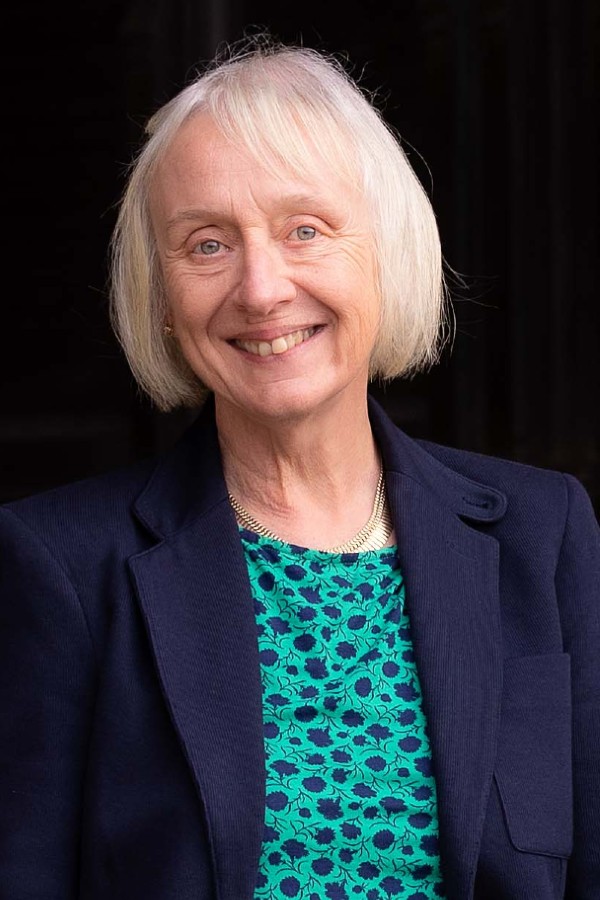
Professor Joanne Wright, University of Sydney
In an era dominated by rapid technological advancements, universities face the challenge of adapting to the age of Artificial Intelligence (AI). The pandemic has only accelerated such changes, including the use of online assessments, as discussed at this year’s U21 Educational Innovation Symposium.
The Transforming Assessment Project has been launched this year by Professor Joanne Wright at the University of Sydney to tackle these issues. Working with the University of Nottingham and Shanghai Jiao Tong University, Joanne is leading activity which cuts across student experience, research, academia, and professional services, as AI is already impacting every area of the university.
Since launching in September, Joanne and her team have interviewed and collected 11 written and video case studies from members who have presented on their approaches to using AI. Currently collating responses, and analysing key themes, from educational leaders, lecturers and professional service staff, they will re-interview participants in another six months.
A real benefit of the project is the live approach and dynamic methodology, which is essential given the pace of technological changes. Rather than waiting for conclusions months down the line, the team is focused on constantly learning, sharing updates, analysis, questions, and developments, and starting conversations where there aren’t always answers.
The team has also been connecting members who could benefit from collaborating on shared challenges, while harnessing the enormous potential of AI for good.
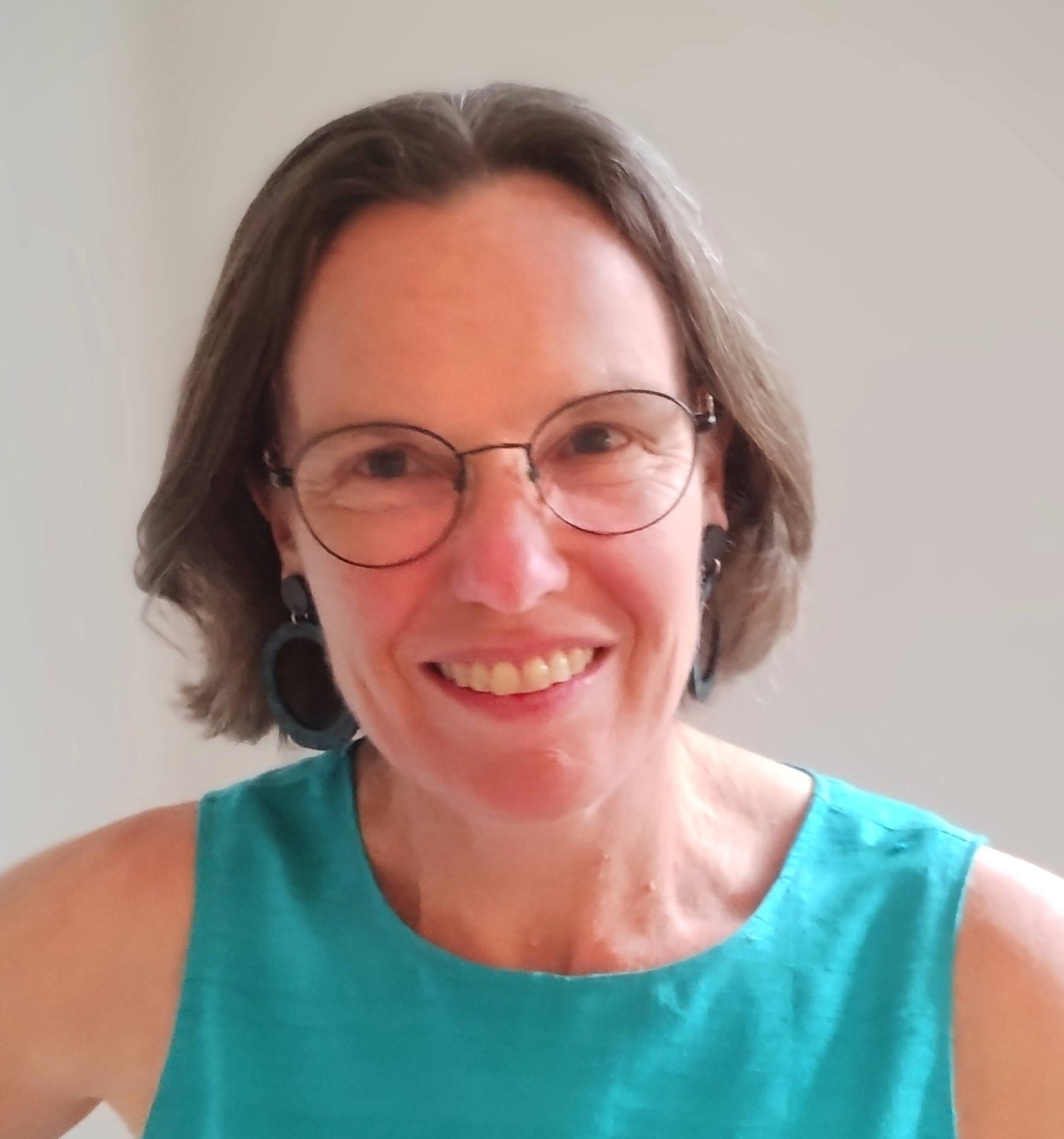
Dr Heather Gaunt, The University of Melbourne
Object-based-learning through campus museums and galleries has been shown to be an effective teaching and learning environment for students across disciplines to develop capabilities, including lateral and creative thinking, and collaborative group work skills.
The demand for an internationalisation of curriculum has simultaneously prompted investigation into the expansion of the campus museum learning environment into virtual spaces, where students can access global resources, interact with global peers, and learn from global experts.
Adopting this innovative approach to interdisciplinary teaching and learning, Dr Heather Gaunt (The University of Melbourne) is leading a new Global Classroom project, led by a team of museum professionals and academic experts across three U21 university sites, including the National University of Singapore and the University of Hong Kong.
“Through U21’s championing of educational innovation in international contexts, we’re able to dream large to shape a new Health Humanities Global Classroom. This interdisciplinary collaborative experience, situated within a shared virtual environment of multiple U21 campus art galleries and museum collections, will open new lenses for our students to deepen their understanding of local and international cultural contexts of health” – Dr Heather Gaunt.
With seed funding received from U21, a transdisciplinary Global Classroom module will enable up to 60 health science students across three university sites to participate in the pilot seminars and focus groups. Key goals include: the development of more capable health professionals in the areas of health advocacy and global leadership, the deepening of students’ intercultural understanding capabilities, and to be at the forefront of international cultural curriculum development.

Priyasha Sharma, U21 University of Delhi alumna
Priyasha Sharma is currently pursuing a Masters in Prosperity, Innovation, and Entrepreneurship in the UK, a choice directly influenced by the foundational insights and passions nurtured through U21’s online student programmes.
Having benefited from interacting with individuals from diverse cultural and academic backgrounds via the Global Citizens Programme, Priyasha gained a broader world view and an appreciation for different perspectives on sustainability.
In her Masters programme, she is addressing the global scope of sustainability challenges and remains keen to embed inclusivity in her future work, intending to pursue a career as a sustainability impact consultant:
“Being part of the U21 sustainability network as a woman has infused my research on promoting prosperity with a distinctive blend of empathy and determination. I firmly believe that our efforts are crucial in bridging gaps, ensuring every innovation contributes towards a more equitable society. Here's to celebrating the indomitable spirit of women researchers who drive inclusion every day!” – Priyasha Sharma.
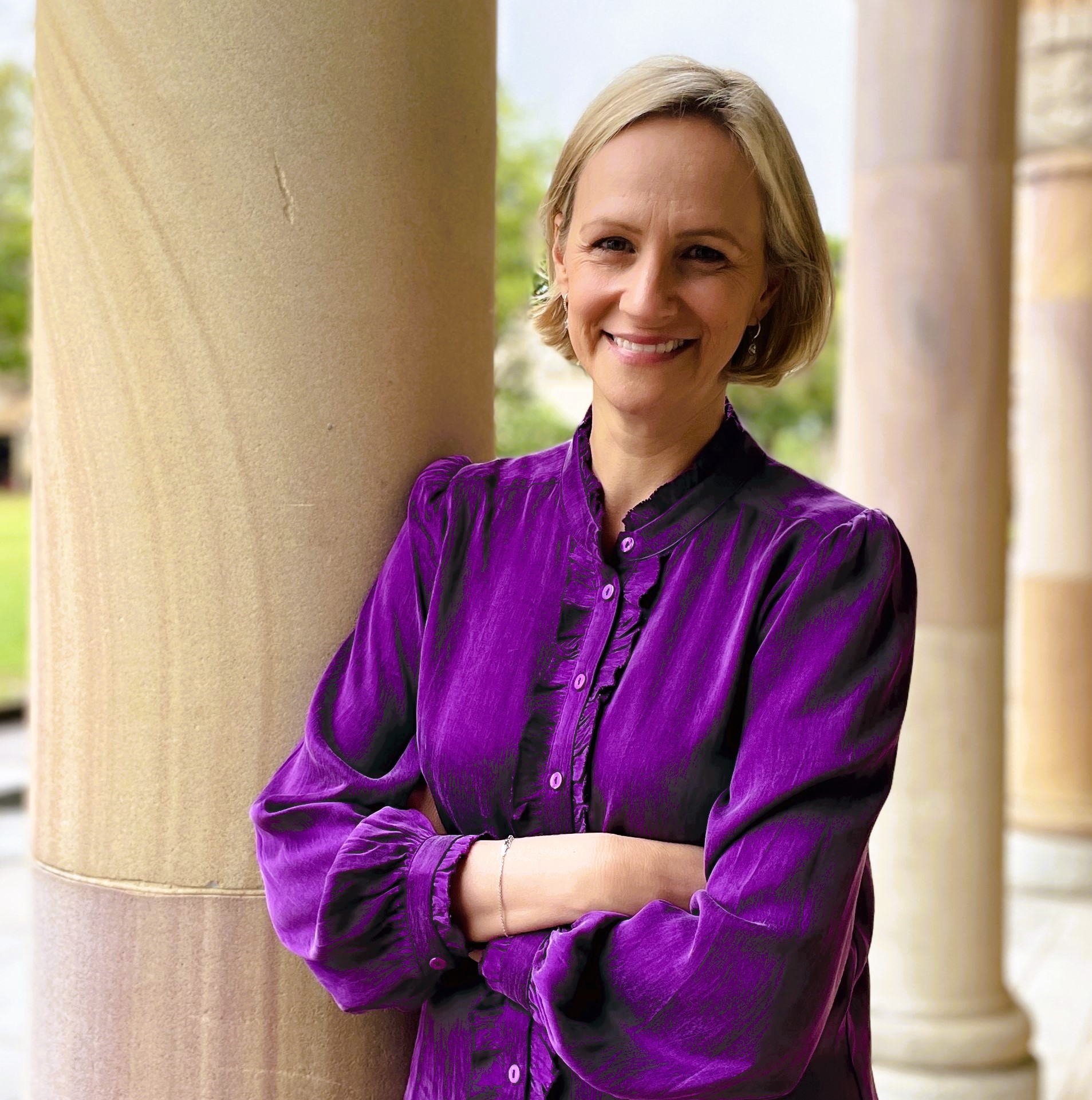
Dr Miriam Moeller, The University of Queensland
The U21 Awards are an annual chance to recognise, reward, celebrate and publicise the achievements of individuals or teams whose work has upheld and has furthered the network’s principles of internationalisation. Among 2023’s winners, Dr. Miriam Moeller was commended for her culture-specific approach to supporting students to seek an international education.
“Being inclusive means training ourselves to detect, consider, and react to other peoples’ needs. As an international human resource management researcher and educator, I place priority on empowering students to practice inclusion-conscious decision-making. It ignites respect and compassion for working with people from different backgrounds” – Dr Miriam Moeller.
Miriam Moeller has co-created and actively led the UQ Business School’s Rapid Acculturation Mateship Program supporting international students’ transition from abroad to local postgraduate study and life in Australia. Since 2014, approximately 2,650 students have benefited from her approach. Through an unwavering focus on removing barriers and delivering authentic learning experiences, Dr. Moeller has been able to broaden the global horizons of many, as she speaks about in this short film:
U21 Award Winner: Dr. Miriam Moeller's Impact on Global Education and Student Support
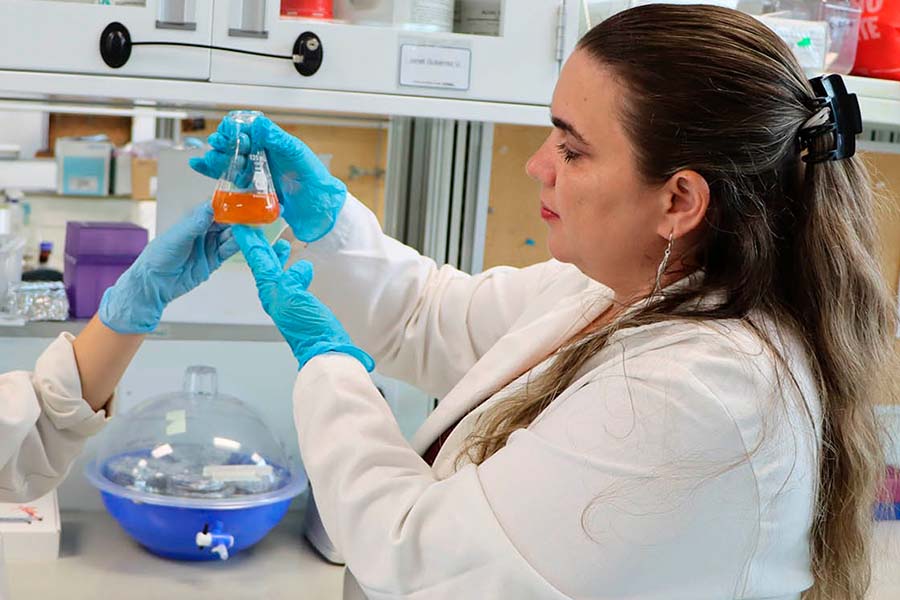
Professor Marielena Antunes Ricardo, Tecnológico de Monterrey
A biotechnology researcher and Professor at Tecnológico de Monterrey, Professor Marielena Antunes Ricardo has published more than 70 scientific articles in indexed journals such as Scopus Q1/Q2 with high impact factor. She has been cited more than a thousand times, granting her recognition by the National Council of Humanities, Sciences and Technologies (CONAHCYT) as a national researcher level II (SNI 2) of a total of 4 levels. Recognising these achievements, in 2024 she was awarded the Tec Woman Prize for Science.
You can read more about U21's researchers in our recently published Impact Report
- Date
